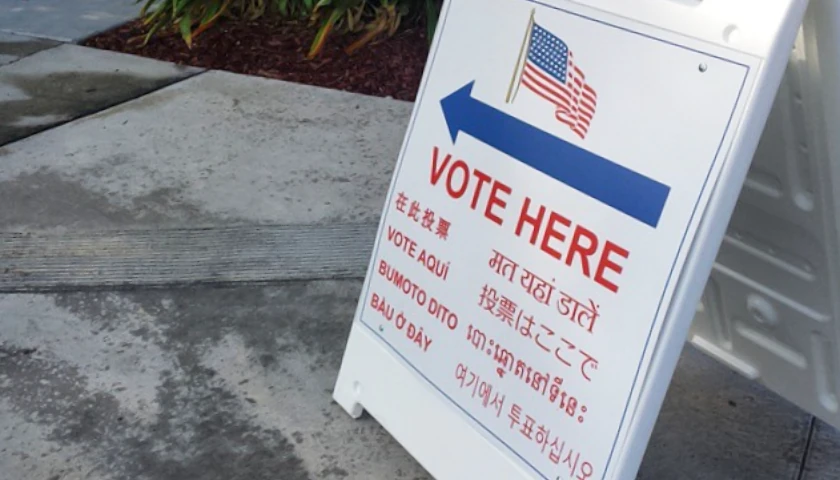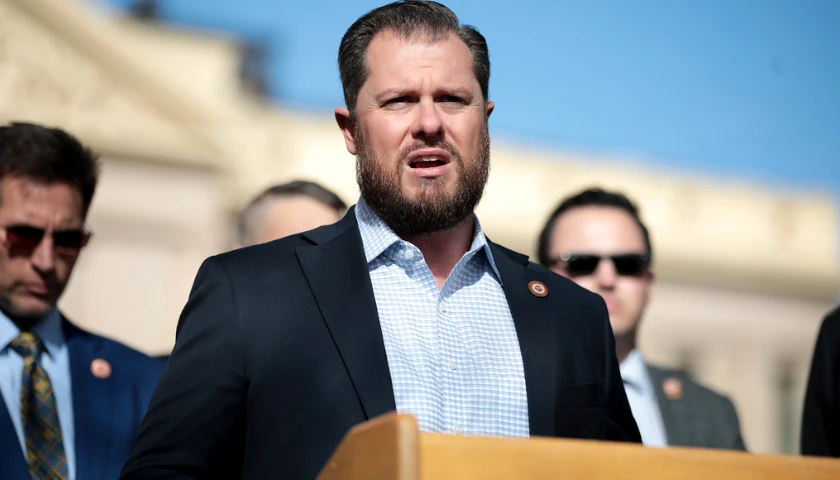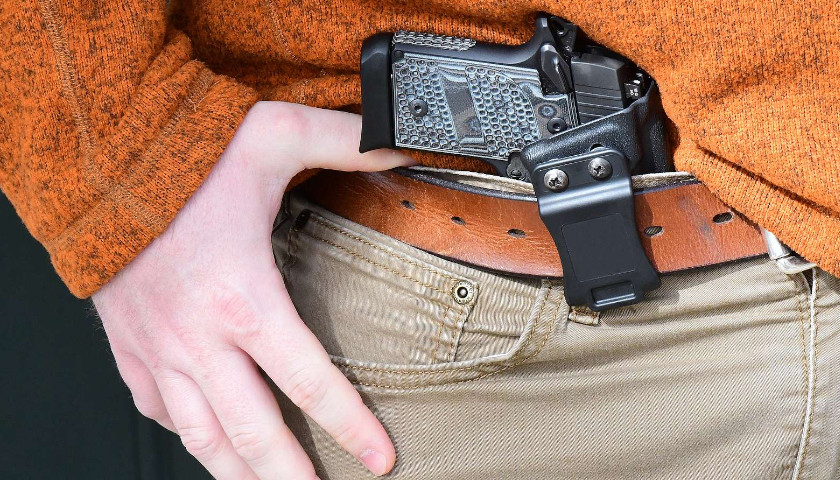by Shirleen Guerra
Voters across multiple states cast ballots on who should be allowed to join them in referenda directed at voting rights, including the issue of noncitizen voting.
There’s national divide, highlighted by recent conversations on election integrity and immigration. Tuesday’s ballot measures were no different, reflecting a battleground that could potentially shape policy in future elections.
Every ballot measure to prohibit noncitizens voting was approved – all overwhelmingly by 62% or more – in Iowa (76%), Idaho (65%), Kentucky (62%), Missouri (68%), North Carolina (77.6%), Oklahoma (81%), South Carolina (86%) and Wisconsin (70%).
Iowa voters said yes to prohibiting the state and local governments from allowing noncitizens to vote and allowing 17-year-olds who will be 18 by the general election to vote in primary elections.
Missouri voters said yes to prohibiting ranked-choice voting and preventing the state, local, and government from allowing noncitizens to vote.
Additional ballot initiatives passed in Nevada by 74% enacting a voter identification requirement, while one ballot measure in Connecticut authorizing laws for no-excuse absentee voting passed by 57%.
The conversation around these measures has been focused on the fact that Congress passed legislation in 1996 that prohibited noncitizens from voting in elections for the U.S. Senate and House of Representatives and presidential elections, stating that it is unlawful for noncitizens to vote in federal elections. Still, it did not refer to elections on the state or local level and left states to decide for themselves.
While each state’s constitution mentions U.S. citizenship, the laws on noncitizen voting vary from state to state. State constitutions that explicitly prohibit noncitizen voting in Arizona, Colorado, North Dakota, Louisiana, Georgia, Florida, and Ohio. However, certain jurisdictions permit it in California, Maryland and Vermont.
According to Ballotpedia, bans on noncitizen voting on the state level have since become more frequent in recent years, with six states banning noncitizen voting from 2018 through 2022 in Alabama, Colorado, Florida, Louisiana, North Dakota and Ohio.
Ahead of the 2024 presidential election, the U.S. Supreme Court granted Virginia an emergency stay to keep noncitizens off voter rolls, as previously reported by The Center Square.
– – –
Shirleen Guerra is a staff reporter for The Center Square. Shirleen attended Odessa College where she completed an apprenticeship through The Odessa American where she previously freelanced.
Photo “Voting Sign” by Richard Masoner / Cyclelicious. CC BY-SA 2.0.








